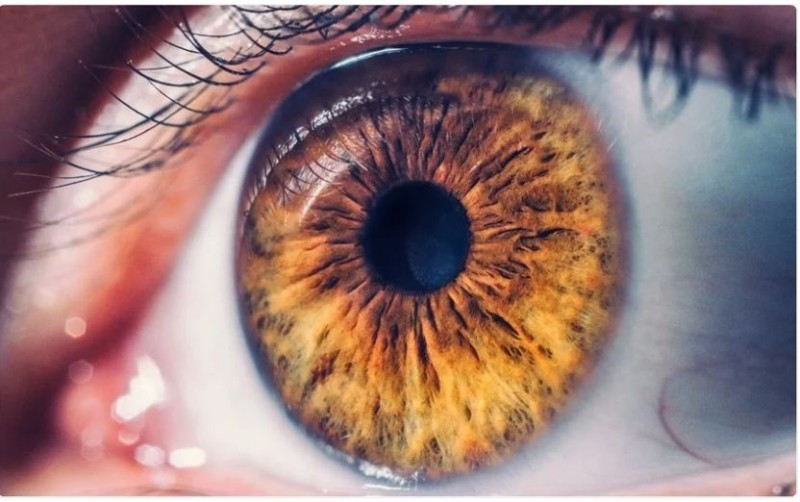
LONDON: Though SARS-CoV-2, the virus that causes Covid-19, mostly affects the respiratory tract, it can also damage other organs such as the eyes and brain.
While evidence that coronaviruses can reach the retina of the eye is emerging, German researchers have now demonstrated that the virus can reproduce in human eyes. SARS-CoV-2 infects retinal cells, particularly retinal ganglion cells, but also light-sensitive cells, according to a study published in Stem Cell Reports.
Coronaviruses can also multiply in these cell types, according to the researchers. This is a novel observation that emphasises the importance of keeping an eye on retinal diseases as a possible side effect of 'Long Covid.'
To explore SARS-CoV-2 infection of the retina, a team of researchers from the Max Planck Institute for Molecular Biomedicine and the Westfälische Wilhelms-Universitat Munster used organoids, an organ-like model system made from human reprogrammed stem cells.
The retinal organoids were infected with SARS-CoV-2 viruses, and the researchers were able to find Covid mRNA in the organoids using quantitative PCR analysis, showing that the virus had infected the cells in the organoids.
The researchers utilised a "viral plaque assay" to detect the active virus quantities produced by the infected organoids after various incubation durations. The experiment confirmed the formation of new viral offspring in the retinal organoids. "This is the first proof that SARS-CoV-2 replicates in human retinal cells," stated Max Planck researcher Thomas Rauen.
Omicron variant wipes out Delta fully in Tamil Nadu Covid cases